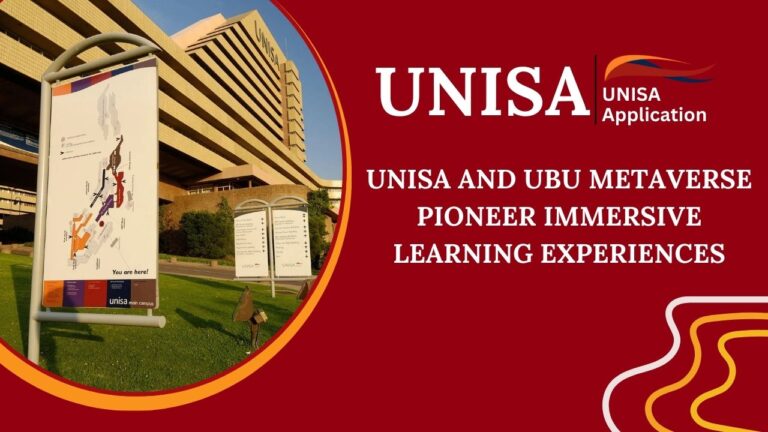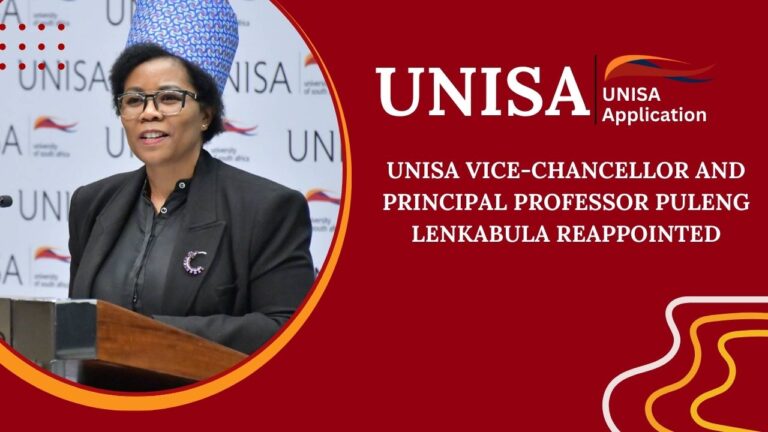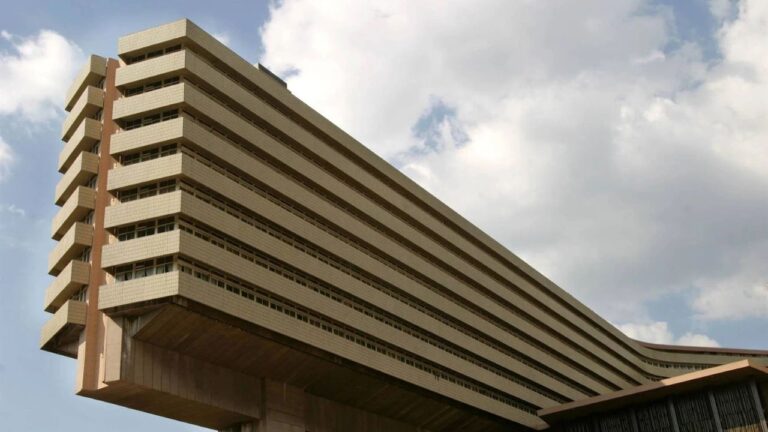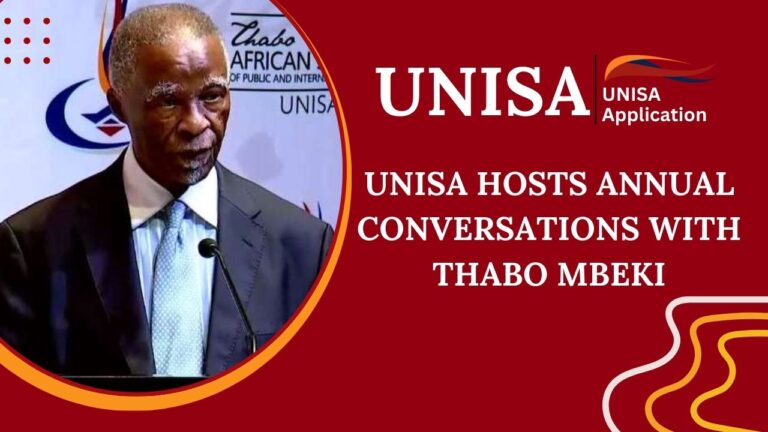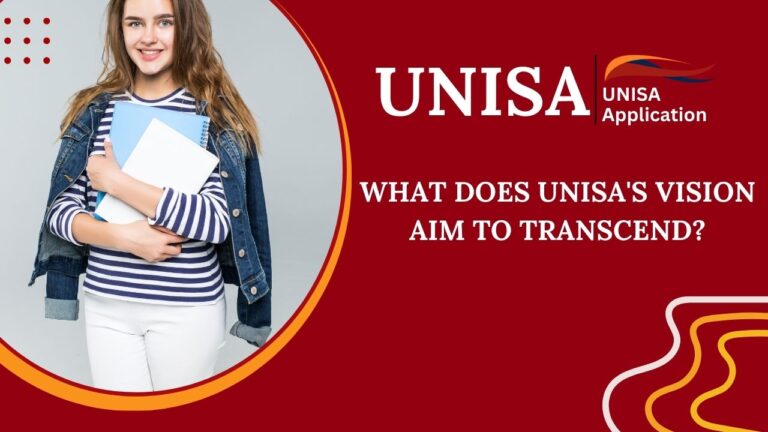DHET Monitoring UNISA Developments Amid Governance Crisis
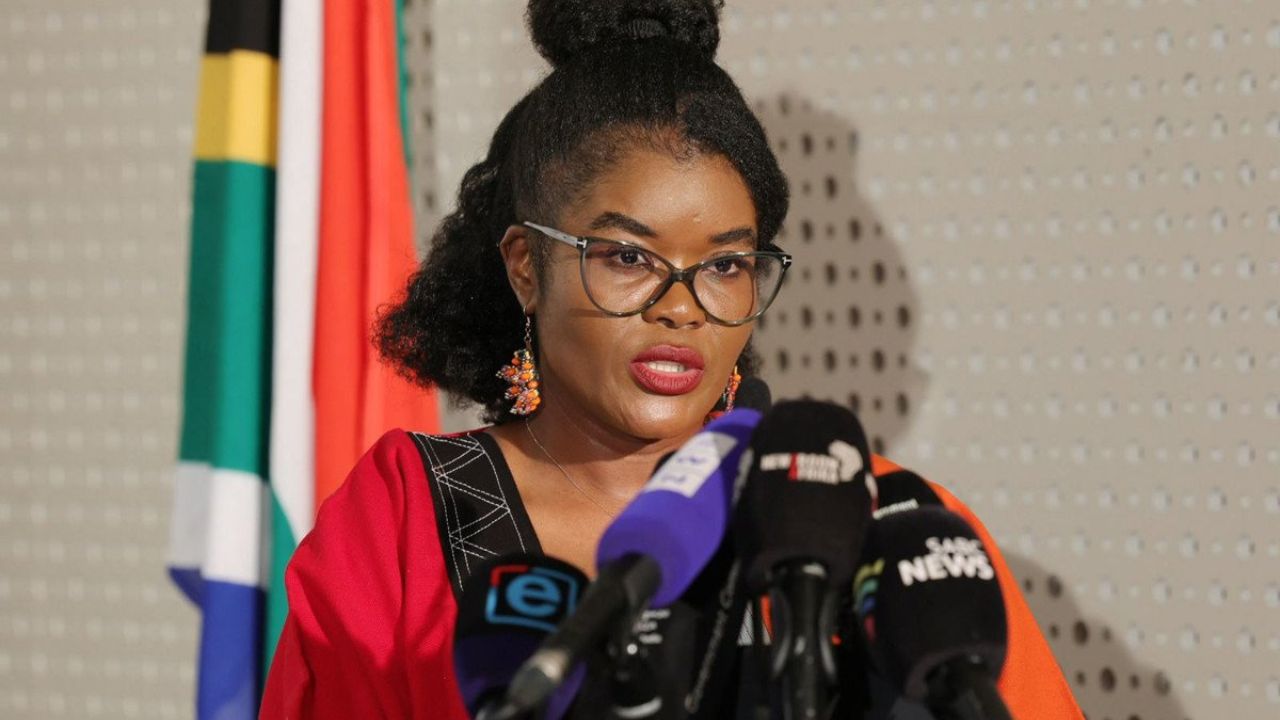
DHET Monitoring UNISA Developments Amid Governance Crisis. The Department of Higher Education and Training (DHET), under the leadership of Minister Nobuhle Nkabane, has confirmed that it is actively monitoring developments at the University of South Africa (UNISA) following the reported suspension of senior university officials. The move comes amid a growing wave of concerns over alleged governance failures, financial mismanagement, and internal instability at the country’s largest and most iconic distance learning institution.
Allegations of Poor Governance at UNISA
The situation at UNISA has sparked a national debate over accountability in higher education. The university has, in recent years, come under fire for alleged mismanagement of resources, ineffective leadership, and administrative bottlenecks. The most recent development—the reported suspension of high-ranking officials, has only added fuel to the fire.
Social media platforms were abuzz with claims pointing to Donald Ndlovu, the university’s Director of Assets and Expenditure, as one of the central figures in the governance crisis. Ndlovu’s alleged involvement in financial mismanagement has made headlines, with many calling for urgent intervention and full transparency from university authorities.
Nkabane: “We’re Monitoring Closely”
Speaking through departmental spokesperson Camagwini Mavovana, Minister Nkabane confirmed that her department is in direct contact with UNISA and is actively engaged in efforts to stabilise the institution.
“The department is closely monitoring the situation and will be engaging with the university and supporting it in addressing any governance and operational shortcomings,” said Mavovana.
The Minister emphasised that UNISA is a cornerstone of South Africa’s higher education landscape, serving hundreds of thousands of students, many of whom rely on its distance learning model due to financial or geographical constraints.
“UNISA remains a critical part of South Africa’s higher education system, and our department is committed to seeing it function effectively amid the current uncertainty,” said Minister Nobuhle Nkabane.
Upholding Due Process and Protecting Rights
While acknowledging the seriousness of the allegations, Minister Nkabane also called for fairness and legal compliance in dealing with the situation. She highlighted the importance of upholding due process, protecting whistleblowers, and ensuring that the rights of accused individuals are respected during any investigations.
“We must allow institutional processes to take their course. Everyone deserves a fair hearing, including those who have raised concerns and those who are being accused,” she said.
This balanced approach, according to higher education analysts, is vital in avoiding reputational damage to UNISA while ensuring that accountability is enforced.
Mounting Pressure on UNISA’s Leadership
UNISA has long faced criticism for inefficiencies in administration, delayed academic results, questionable procurement practices, and lack of transparency in its financial reports. The Council on Higher Education (CHE) and independent observers have previously flagged the university’s management structures for lacking institutional agility and internal controls.
Over the past two years, there have been multiple calls for intervention, including from civil society groups, unions representing academic staff, and even student bodies. These groups have cited long-standing concerns over irregular appointments, unresolved disciplinary matters, and poor leadership accountability.
Impact on Students and Staff
The current turmoil has raised concerns among UNISA students and academic staff, many of whom feel caught in the crossfire. Students fear disruptions in the academic calendar, exam marking, and certification timelines.
Staff members, particularly administrative personnel and lecturers, are reportedly anxious about their job security and institutional direction. The uncertainty in leadership is affecting morale, according to insiders.
DHET Intervention: What Happens Next?
As the DHET continues monitoring UNISA developments, higher education experts suggest that the ministry might recommend an independent investigation or even place the university under administration, should conditions worsen.
Such interventions are not unprecedented. In the past, the DHET has intervened in universities like the University of Fort Hare, Walter Sisulu University, and Tshwane University of Technology, when similar crises threatened their operations.
However, Minister Nkabane has indicated that at this stage, the priority is collaboration over confrontation.
“We are working with the institution to address operational failures and ensure long-term stability,” said the Minister.
Restoring Confidence in Public Higher Education
The UNISA governance crisis comes at a time when South Africa’s public higher education sector is under intense scrutiny. Ongoing challenges around NSFAS funding, student protests, and infrastructure backlogs have placed universities under pressure to reform.
UNISA, with its massive enrolment and continental reputation, plays a pivotal role in South Africa’s educational development goals. Ensuring it operates effectively is not just a matter of institutional interest—it’s a national imperative.
Public and Stakeholder Response
Public reaction to the crisis has been mixed. While some stakeholders applaud the DHET’s swift response, others argue that structural reform at UNISA is long overdue.
The South African Union of Students (SAUS) has also weighed in, demanding more transparency and calling for the university to communicate developments openly to avoid misinformation.
Academic unions, such as NEHAWU and NAPTOSA, have expressed concerns about the institutional culture of fear and have requested that an external audit be carried out to evaluate the root causes of the governance breakdown.
Conclusion
The unfolding events at UNISA represent a critical juncture for South African higher education. As the DHET monitors the UNISA developments and collaborates with the institution to address internal failures, the hope is that transparency, accountability, and governance reforms will prevail.

